The use of dolomite in organic agriculture has become increasingly relevant thanks to its double action as a nutritional contribution and structural improvement of the soil. This natural mineral composed of calcium carbonate (CaCO₃) and magnesium carbonate (MgCO₃) is presented as an ideal amendment for acid soils, favoring the healthy development of crops thanks to an optimal edaphic environment. First of all, dolomite acts as a pH regulator: in soils with high acidity, it limits the availability of essential nutrients and hinders microbial activity. By applying this amendment, acidity is gradually neutralized and a more favorable environment for nutrient absorption by the roots is created. At the same time, thanks to the calcium and magnesium it provides, it improves chlorophyll synthesis, enhances plant vigor and promotes key physiological processes such as photosynthesis. As for its structural effect, dolomite improves soil aggregate formation, which increases porosity, water retention and aeration, essential aspects for a healthy root system. These structural improvements result in a more lively soil, with greater biological activity, which has a direct impact on crop yield. The application of dolomite should be done in a technical and adjusted way: ideally before sowing or planting, which allows the amendment to have time to interact with the soil. There are different methods: incorporation into the soil, surface application, mixing with other organic inputs, or even use in substrates. This previous step is key to optimize crop development, since from the start the soil system will have been prepared with the appropriate nutrients and structure. The versatility of dolomite allows its use in a wide variety of vegetable, fruit and cereal crops and the benefits are manifested in different ways: greater absorption of calcium and magnesium, more vigorous roots, better fruit quality (size, flavor, color) and greater resistance to pests and diseases. Moreover, as a slow-release fertilizer, it guarantees a continuous supply of nutrients, which avoids peaks of availability or possible imbalances that could affect the soil microbiota. However, it is essential to apply dolomite judiciously: the appropriate dose will depend on soil characterization and crop type, and applying an excessive amount can lead to pH imbalance or affect the availability of other nutrients. Compatibility with other inputs should also be assessed, especially in ecological systems where the aim is to preserve soil life. In this sense, choosing a quality source of dolomite with high purity, adequate calcium and magnesium concentration, fine grinding and no contaminants is part of the success of the treatment. In summary, dolomite is positioned as a natural, effective and technical solution for organic farmers seeking to optimize soil health and crop yields. By combining physical conditioning of the soil with a key nutritional input, this amendment can address challenges of acidity, lack of magnesium or calcium and overall improvement of the production system, without resorting to synthetic sources. Whatever your crop, incorporating dolomite with technical judgment and planning can make a difference in the productivity, quality and sustainability of your organic farm.
200 g/m2
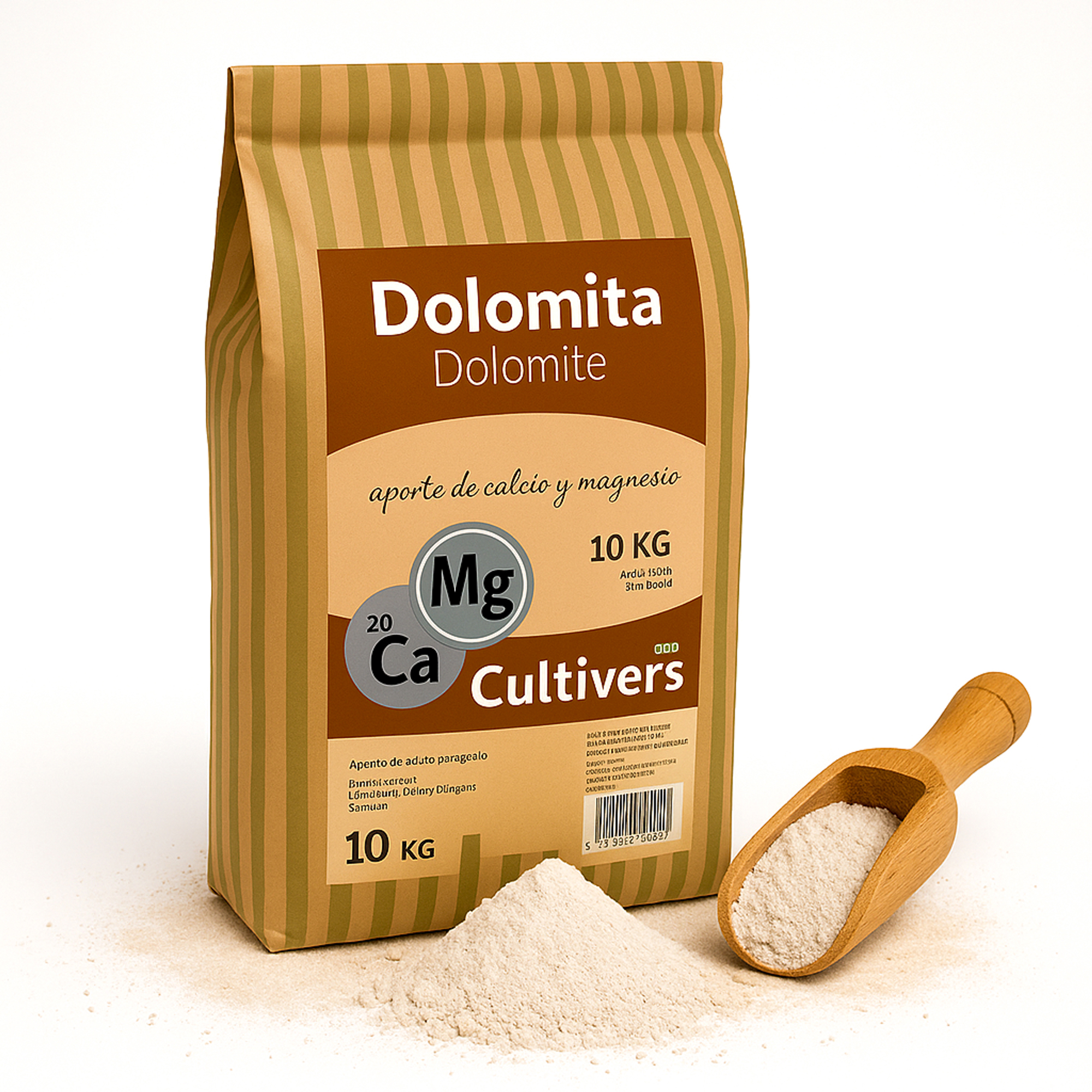
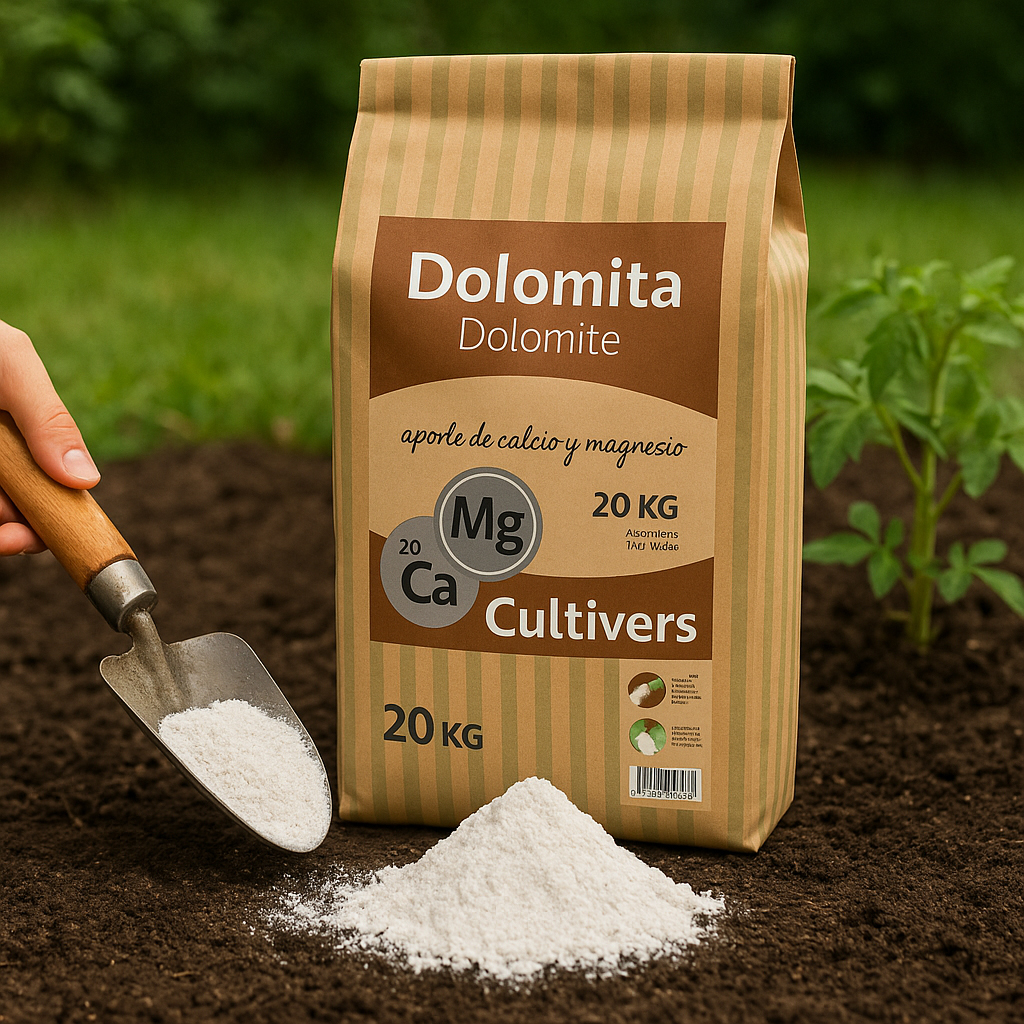
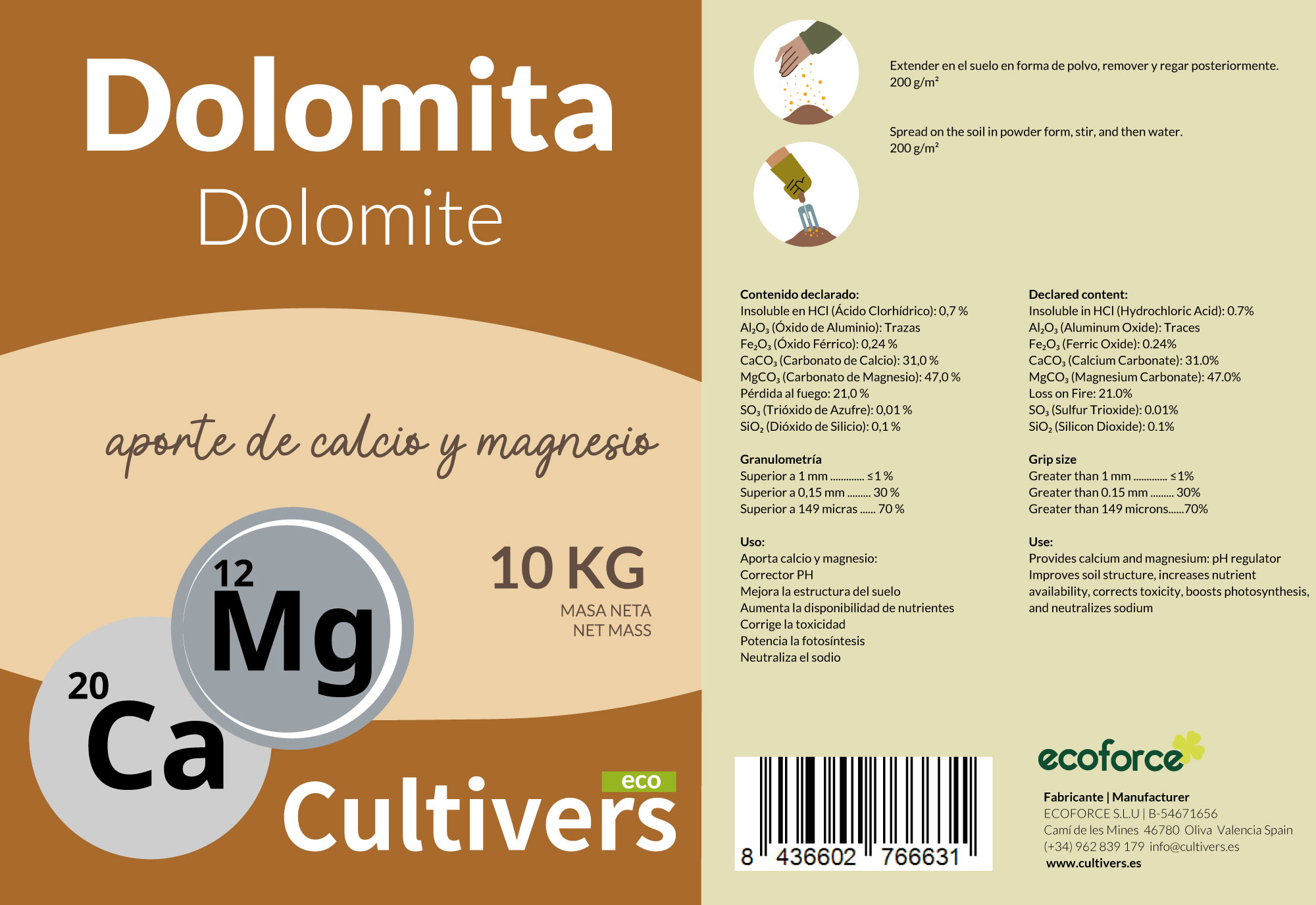
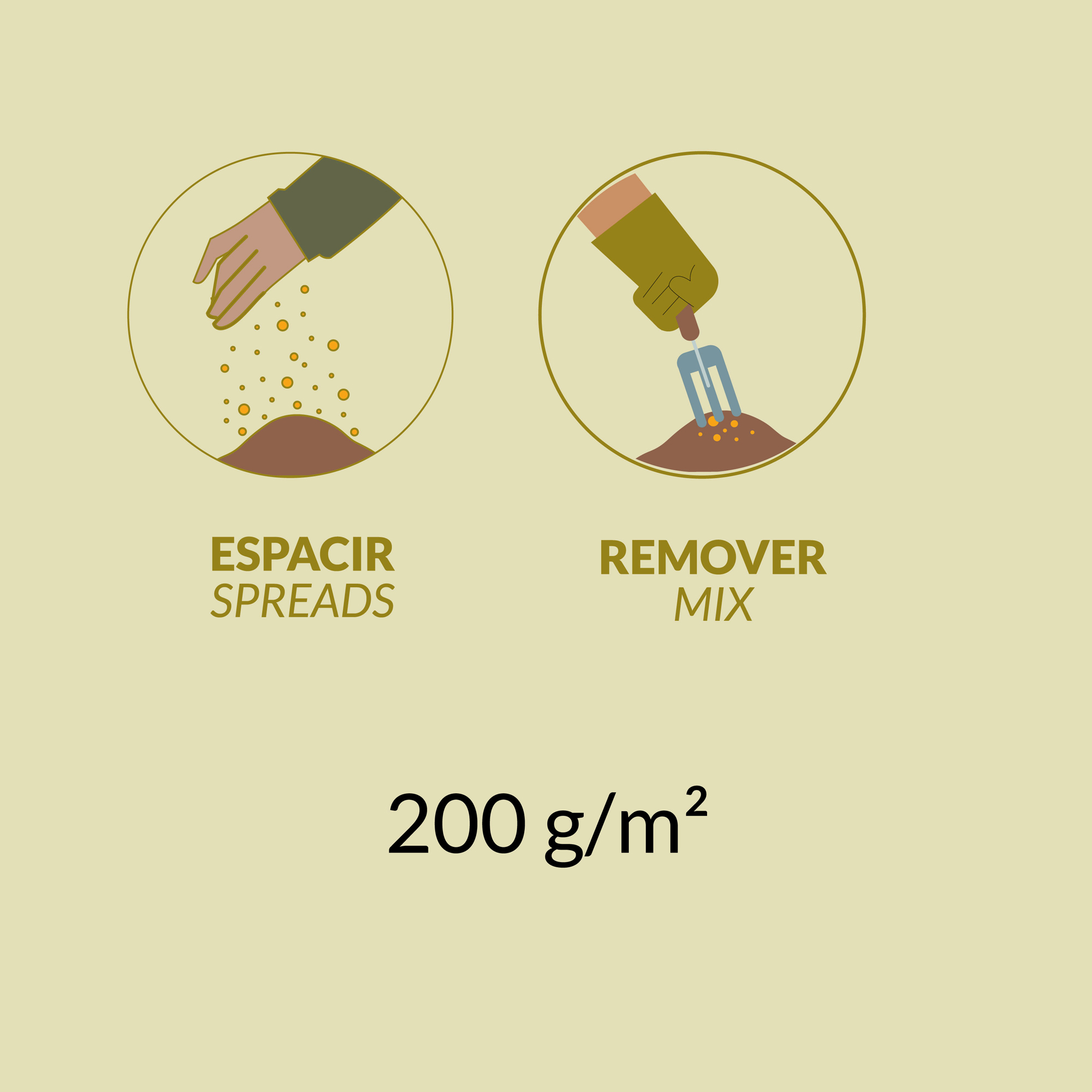
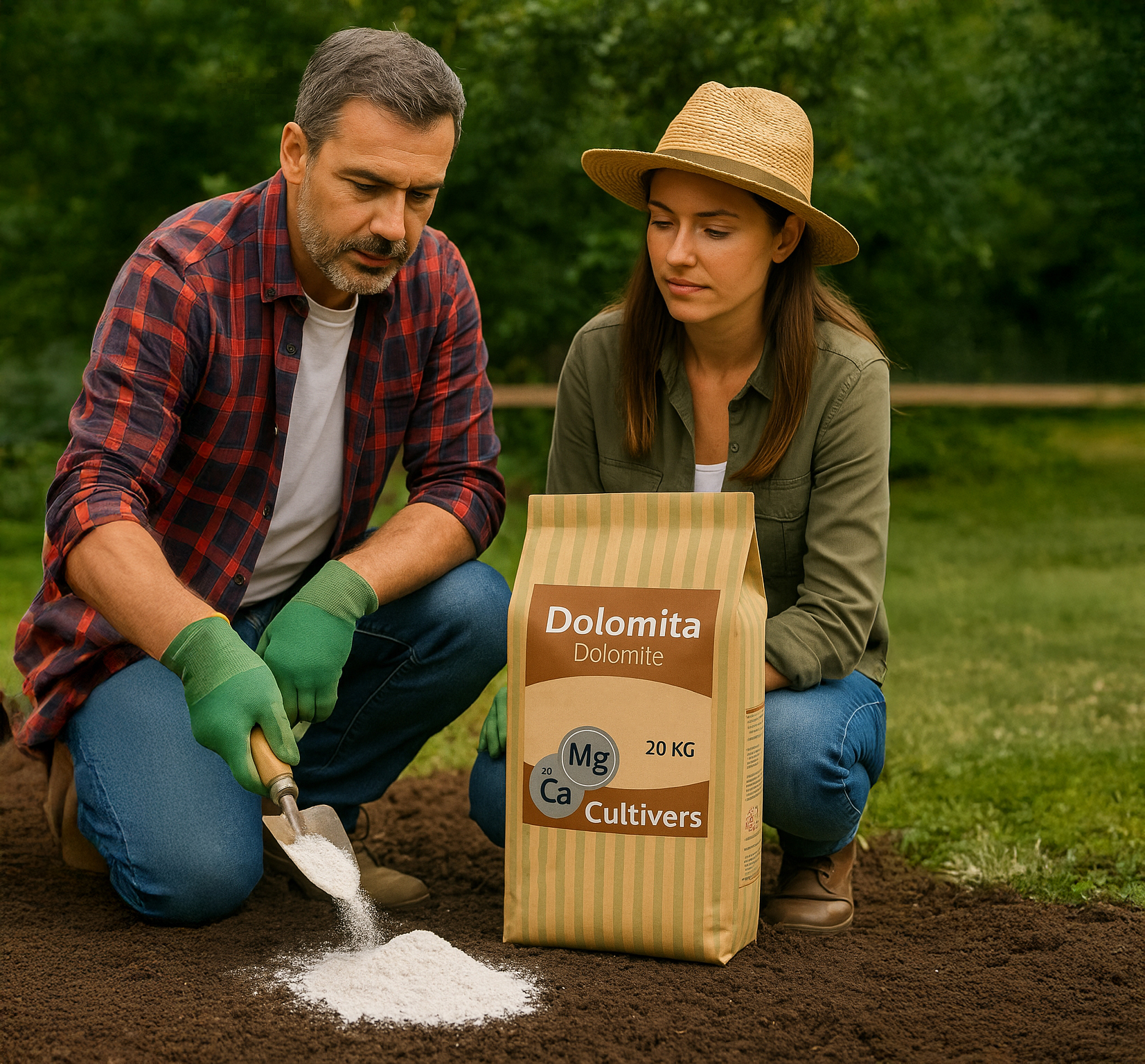
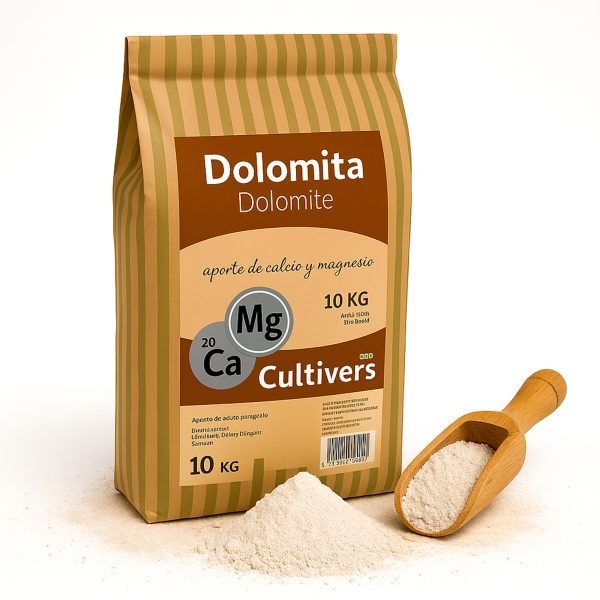
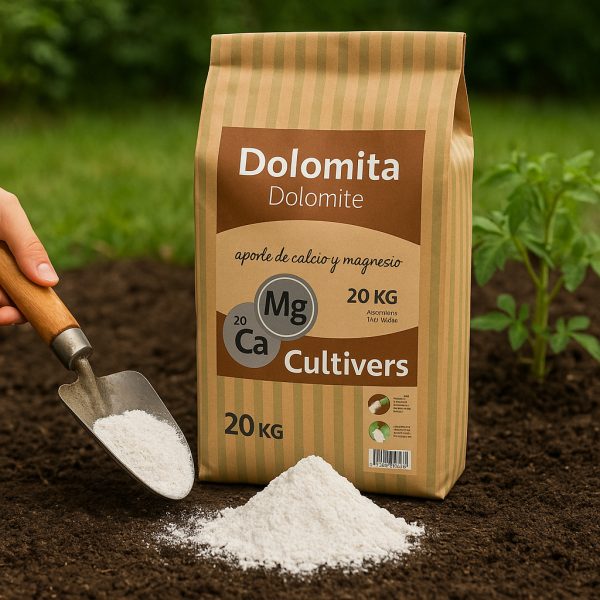
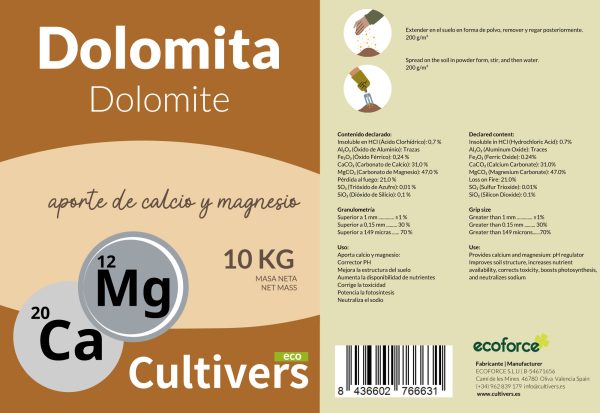
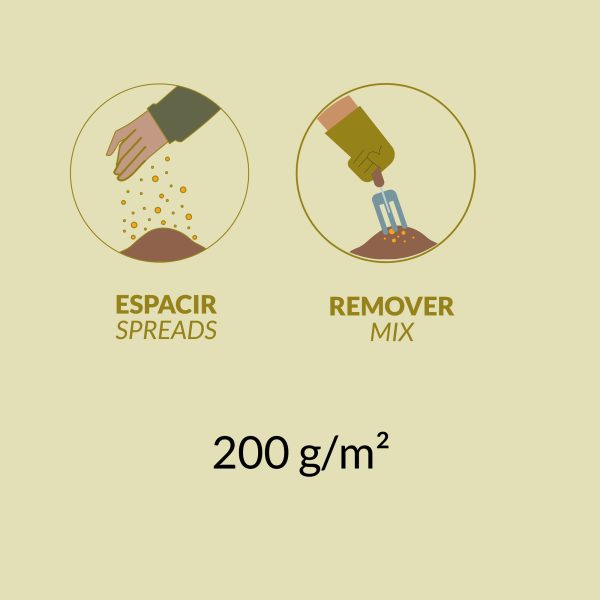
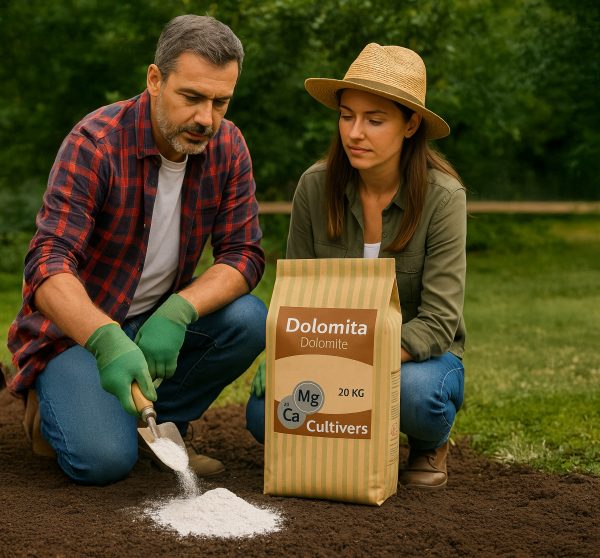
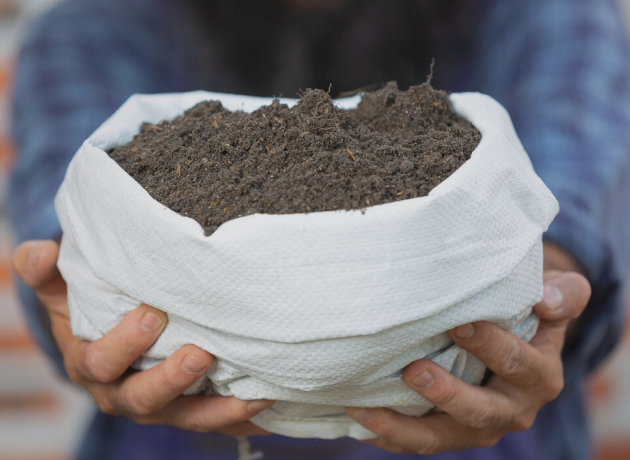
Reviews
There are no reviews yet.